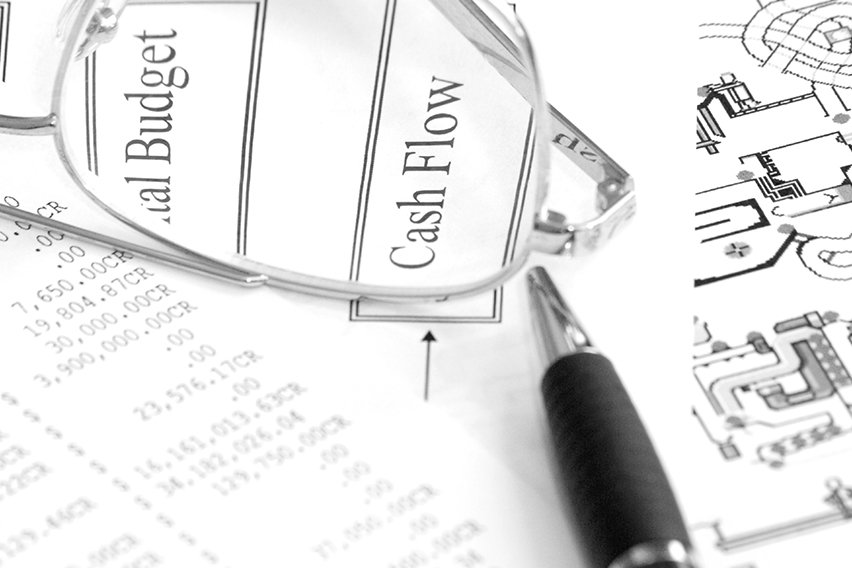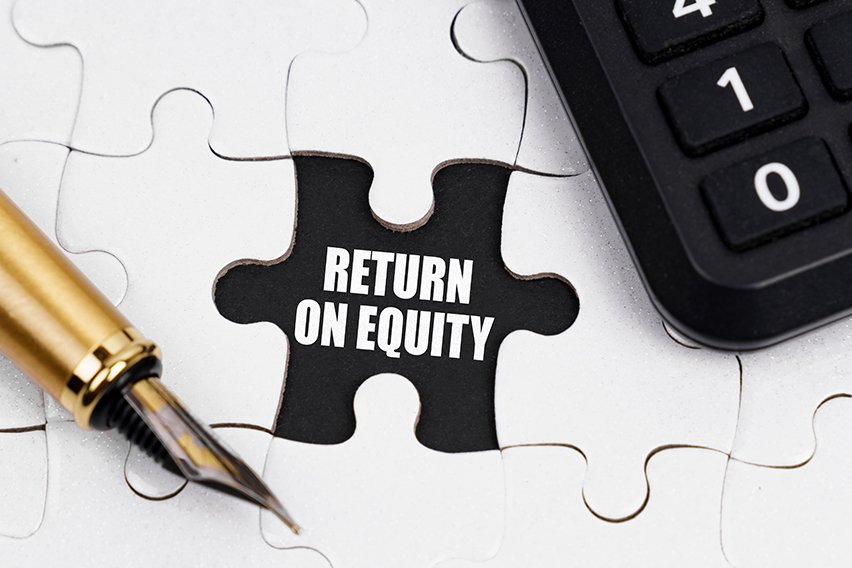Debt Vs Equity: What’s the Difference?

Every business needs capital.
It’s a simple fact that holds true across all sectors of the business world. Without money, businesses can no longer afford to run and will collapse.
In order to raise funds, businesses can use internal funding from business processes in the form of equity. Or they may borrow capital from investors or from loans in the form of debt.
But what exactly is the difference between debt and equity? And what is the best choice for your blooming business? We’ll take a closer look at the main similarities and differences when it comes to debt versus equity. We’ll also try to help you to make the decision which form of capital raising is appropriate for the cash flow of your business.
Here’s What We’ll Cover:
What Are the Key Differences Between Debt and Equity?
What Is Debt?
Money that is raised by a company in the form of borrowed capital is known as debt.
Debt represents that the company owes money to another person or entity through the form of a loan agreement. They are known as the most cost-effective source of finance as the cost of taking a business loan tends to be lower than the cost of equity.
Funds raised through debt financing tend to be held with the agreement that all debt must be paid by a certain date. There also will tend to be a monthly interest payment based on the amount borrowed.
Debt can be taken in the form of term loans, debentures or bonds.
A term loan can be obtained from a financial institution or a bank. Debentures and bonds are issued to the general public and private investors. A business will need a good credit score rating in order to be issued a public debenture.

The interest that debt incurs is tax-deductible, so the benefit of tax is also available for businesses. However, the presence of debt in the capital structure of a company can lead to financial leverage.
Debt capital can be either secured or unsecured. A secured debt requires taking a loan out against an asset as a form of security. This is because if the money is not paid back within the agreed upon time frame, the lender can instead forfeit the asset and recover the money.
An unsecured agreement has no debt obligations to put forward an asset in order to receive the funds.
What Is Equity?
Equity refers to the net worth of the company. It is a source of permanent capital for the business from the owner’s funds being divided into shares.
By investing in equity, an investor gets an equal percentage of ownership in the company in which they have invested in. Therefore the investment in equity has a higher cost than investing in debt.
Equity is made up of ordinary shares, preference shares and reserve & surplus. An investor with shares in a company will be paid a dividend as a return on their investment.
This dividend on ordinary equity shares is neither fixed nor periodic. Whereas investors with preference shares will be given fixed returns on their investment, but they too are irregular.
Taking an investment in equity shares can be risky. For example, if the company ends up going under or being wound up, the investor will be paid at the end after all of the debt of all of the other shareholders is considered.
There is no commitment to pay dividends to equity shareholders, so any dividend payments are strictly voluntary. Apart from this, an equity shareholder will only be paid at the time the business is liquidated. While the preference shares are redeemed after a certain time period.
So for example, if you own a retail business but need capital in order to start running your operations, then you may choose to opt for equity financing. You would then give up say 10% of your ownership in the company and sell it to an investor in return for an agreed upon chunk of capital.
That investor will now own 10% of your retail business and will also have a voice in all business decisions going forward.
One of the main advantages that you can get from equity financing is that there is no obligation to repay the money once you have been given it. But any profit made will be partially paid out to investors as a return on their investment.

What Are the Key Differences Between Debt and Equity?
The similarities between debt and equity are clear. Both allow you to gain capital for your business.
However, there are a number of differences between the two. Some of the key differences are as follows:
- Obligation: Debt is a company’s liability. It needs to be paid off after a specific period of time. However money raised by the company by issuing shares to the general public can be kept for a long period of time. This is known as equity.
- Ownership: Debt is borrowed funds, equity is owned funds. So any debt a company has will show the money owed by the company towards another entity. On the flip side, equity shows the capital that is owned by the company.
- Risk: If managed properly, debt carries a low risk when compared to equity.
- Form: Debt can be in the form of term loans, debentures and bonds. But Equity can be in the form of stocks and shares.
- Repayment: Return on debt is known as interest. This is essentially a charge against profit. Whereas the return on equity is called a dividend payment. This is calculated according to the company’s profit.
- Regularity: When repaying debt, the returns are fixed and regular. This tends to be by monthly payments and interest payments. But in the case of return on equity, there is no fixed timeline of dividend payments.
- Security: Debt can be taken as either secured or unsecured. Equity on the other hand is always unsecured.
- Involvement: Debt creditors have no say in a company’s use of their funds. But equity holders have a say in operations according to what percentage of the company is owned.
- Voting Rights: Creditors have no say when it comes to voting rights. Whereas equity holders receive voting rights proportional to their investment.
- Profit Sharing: Debt is not calculated on profit. This means that no matter how much you earn, your repayments stay the same. Equity dividends on the other hand are calculated by profit. So the more money you make, the more you will have to pay your shareholders.
- Time of Payments: Debt creditors are paid first and foremost. This is before companies put money back into their own business. Whereas equity holders are paid after all business expenses have been accounted for.
Key Takeaways
There are a number of major differences between debt and equity. Both are important aspects of raising capital for a business, but there is no clear way to say which way is best.
When deciding between debt Vs equity and which is better for your business, you will have to take into account your specific wants and needs. Because of course there are various pros and cons of debt financing and equity financing.
Put simply, if you want capital with no outside involvement, then debt may be the best way to go. However, if you want to sell shares of your company to a third party and have them involved in business operations then equity investors may be the right path to take for your cash flow.
Or you may even want to do a mix of debt and equity. Your source of capital is up to you and the financial health of your business.
Are you looking for more business advice on everything from starting a new business to new business practices?
Then check out the FreshBooks Resource Hub.
RELATED ARTICLES

 Cash Flow Statement Indirect Method: What It Is & How to Prepare?
Cash Flow Statement Indirect Method: What It Is & How to Prepare? Hedge Accounting: Definition & Guide
Hedge Accounting: Definition & Guide Accounts Receivable Management: 6 Best Improving Tips
Accounts Receivable Management: 6 Best Improving Tips What Is Return on Equity (ROE)? Definition & Calculation Guide
What Is Return on Equity (ROE)? Definition & Calculation Guide What Is Accounts Payable Automation & 3 AP Automation Software
What Is Accounts Payable Automation & 3 AP Automation Software Discount Rate Formula Definition & How to Calculate It
Discount Rate Formula Definition & How to Calculate It